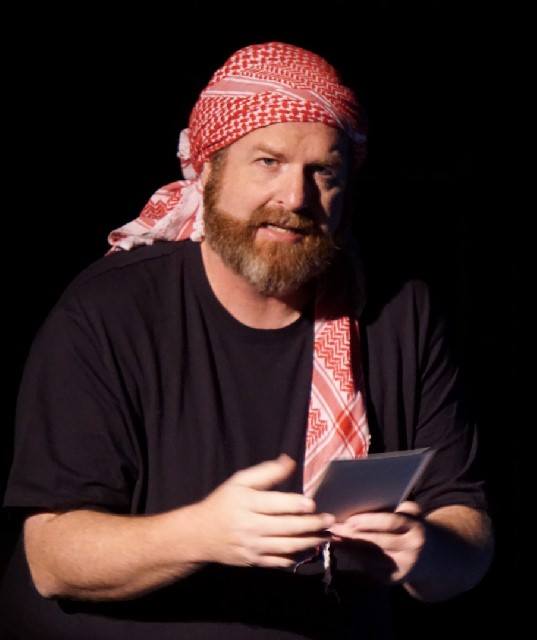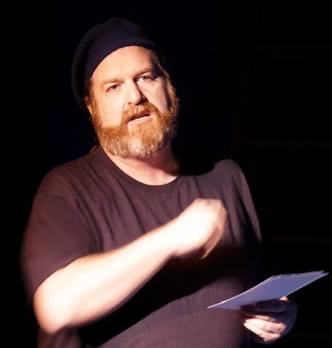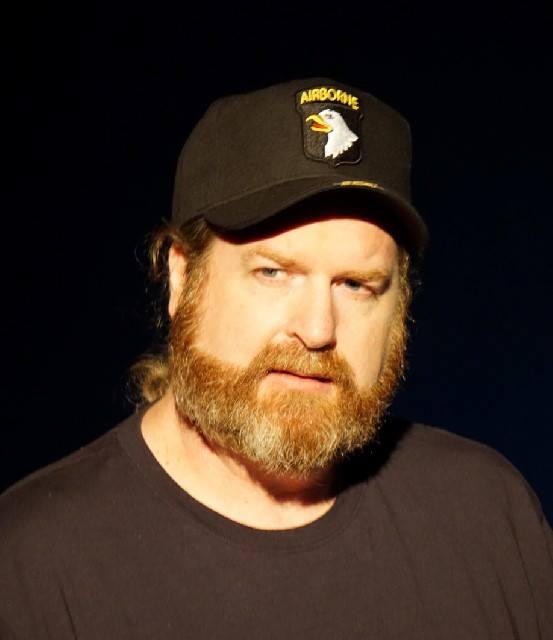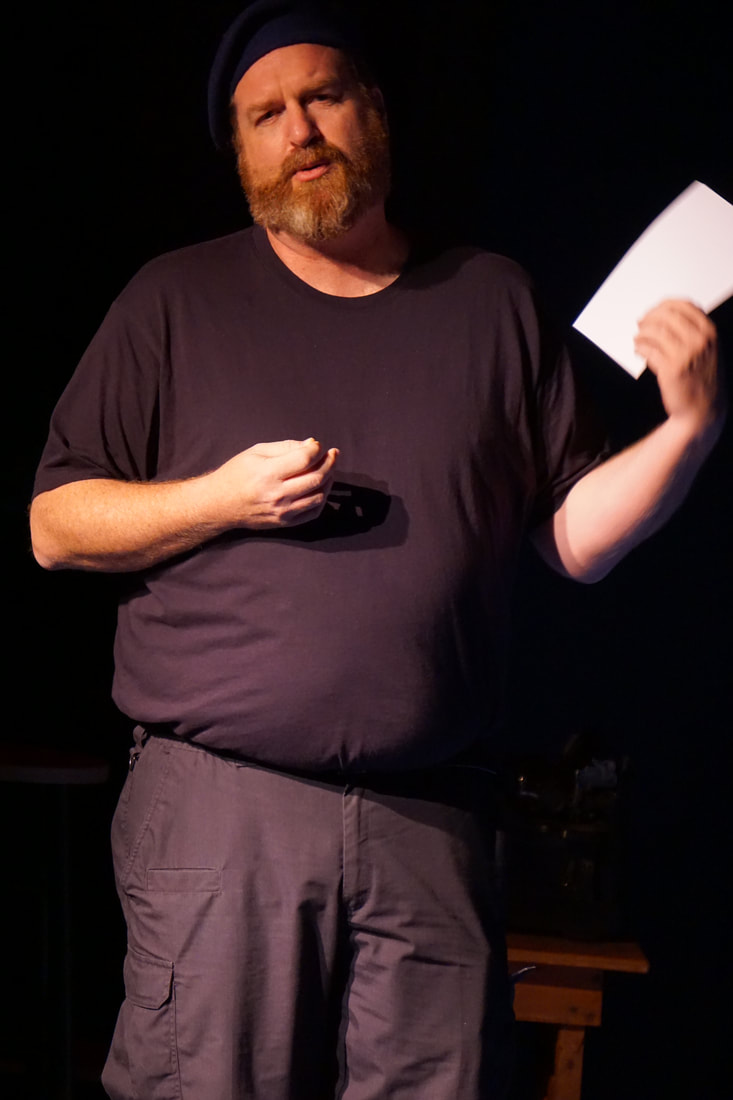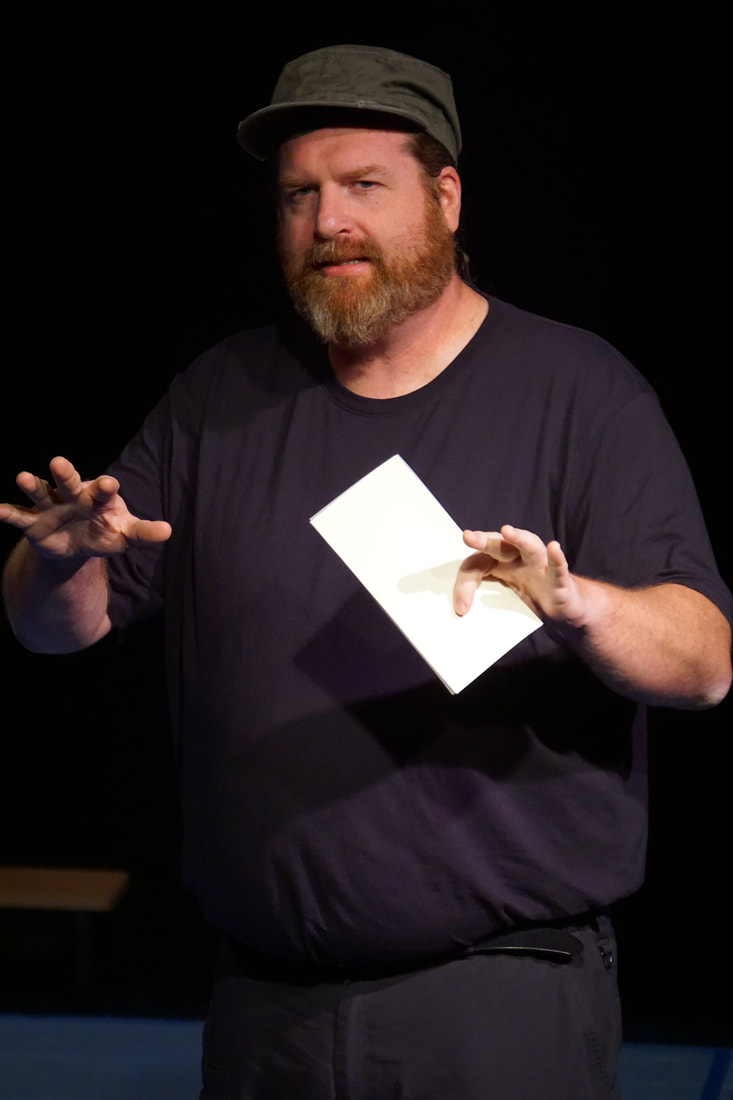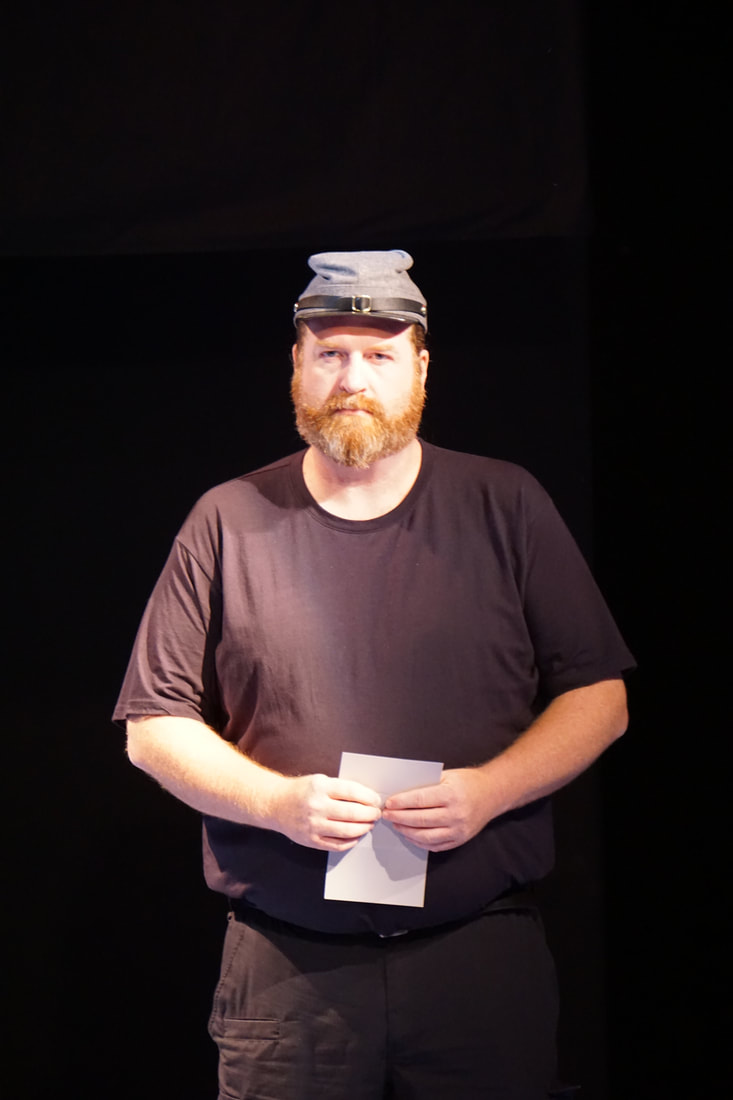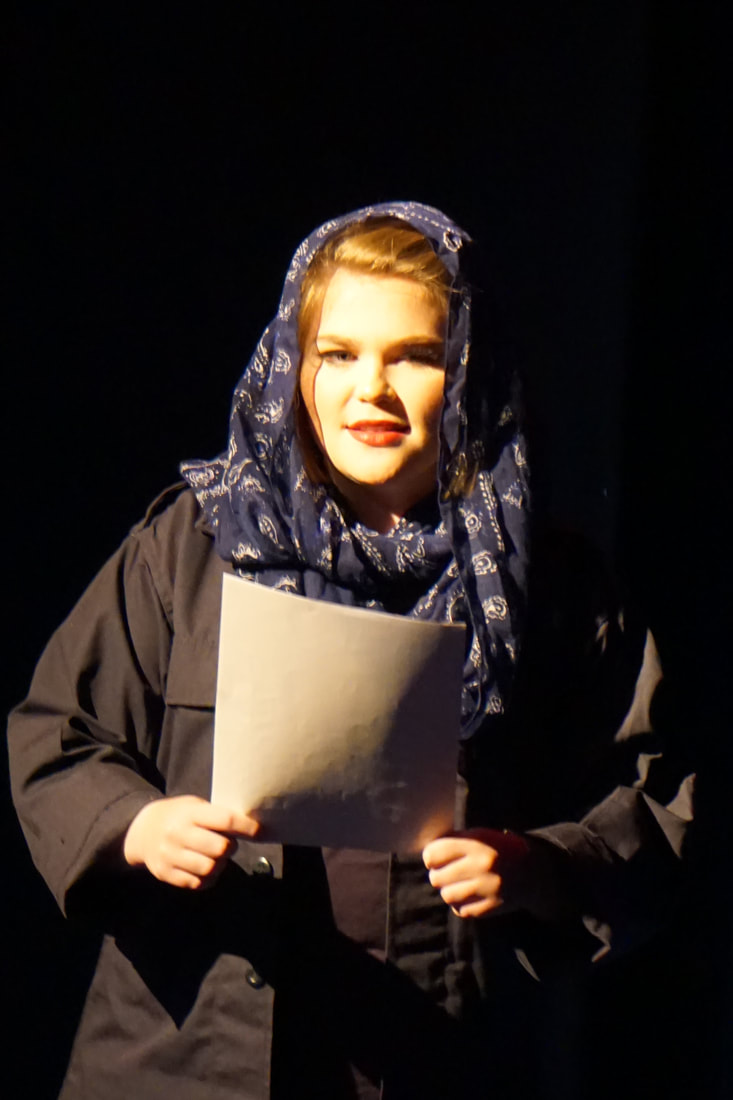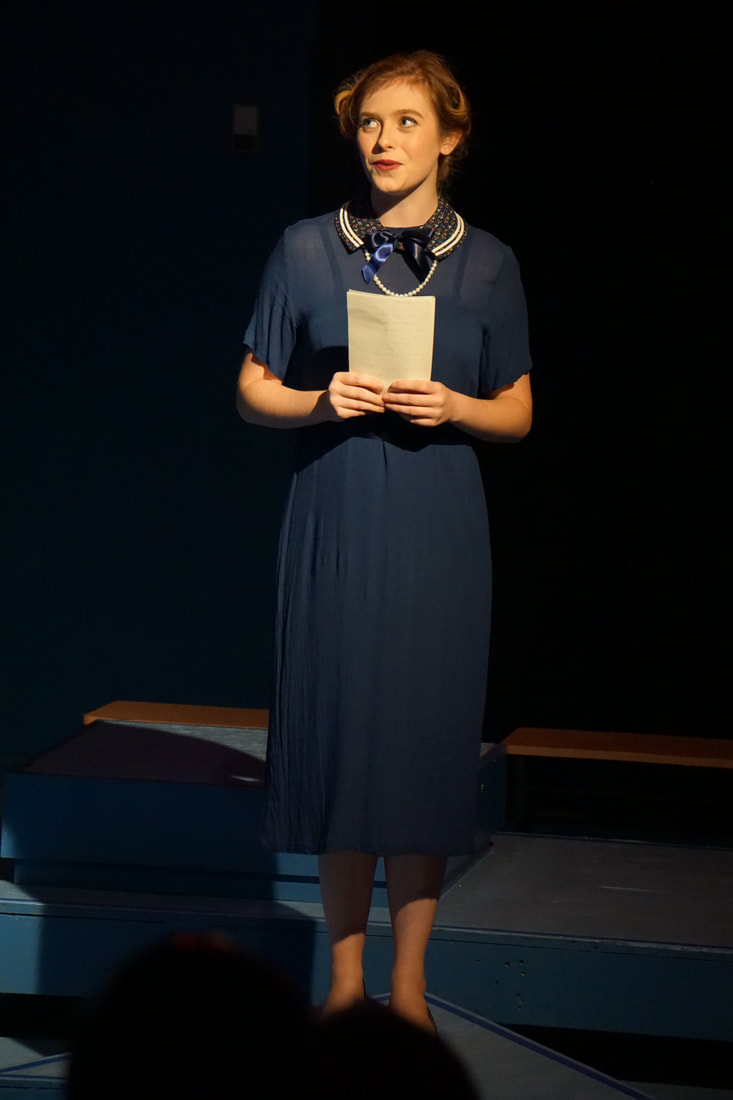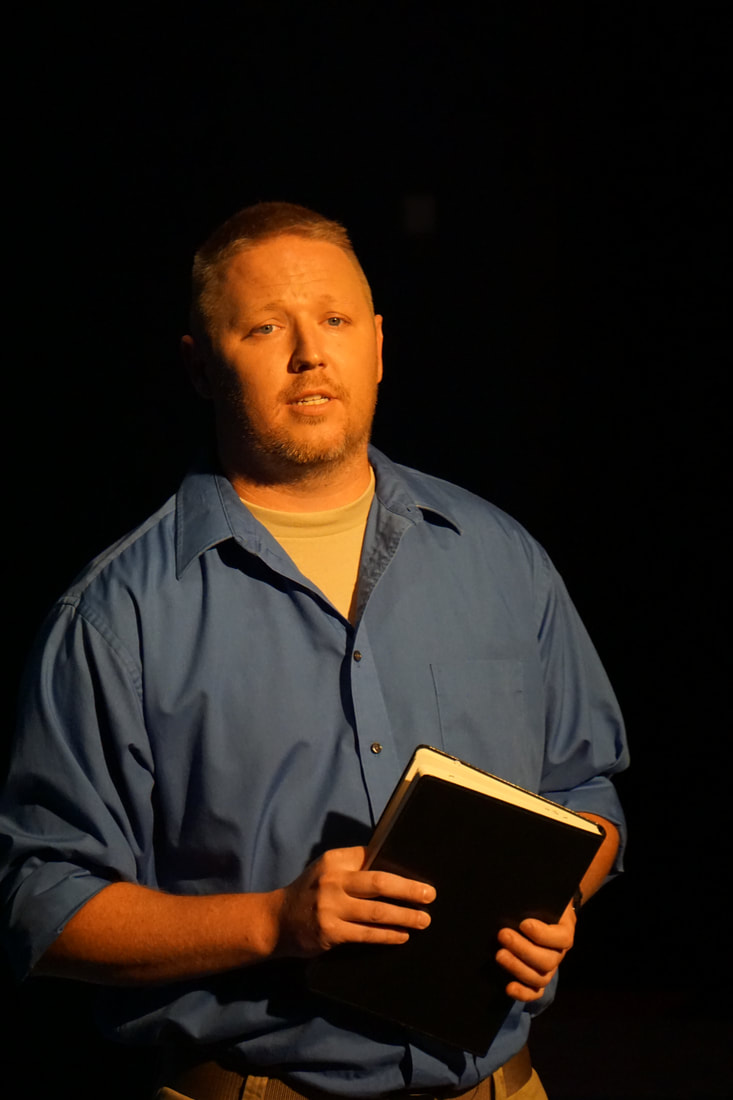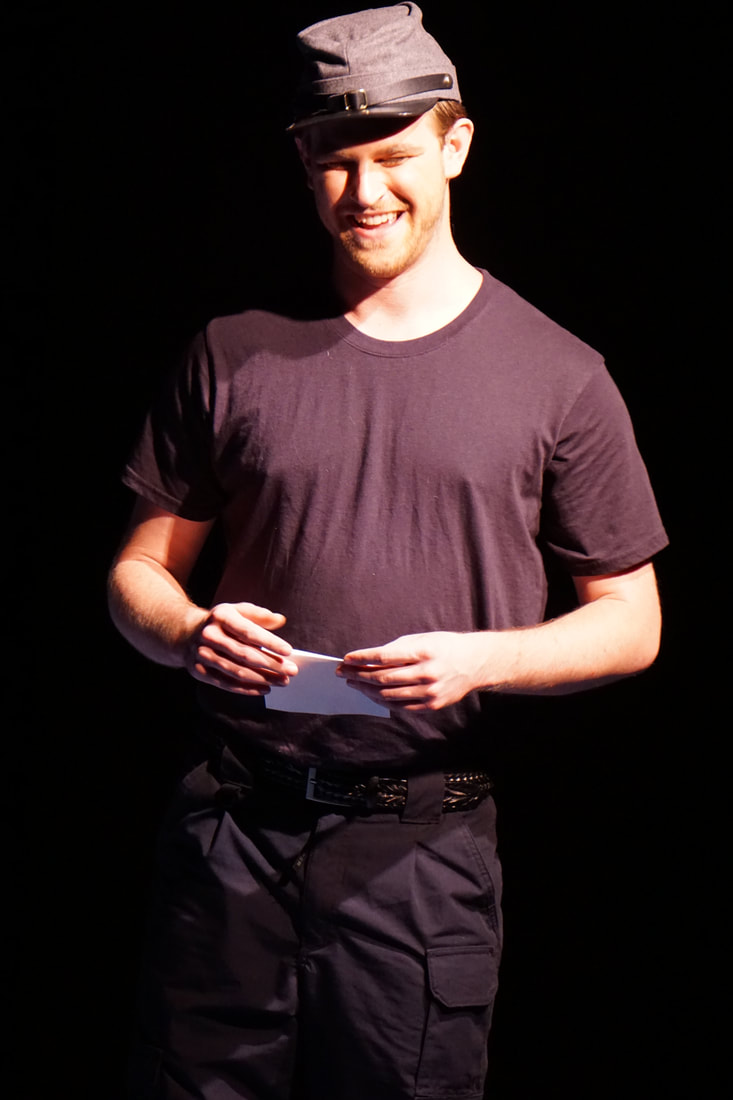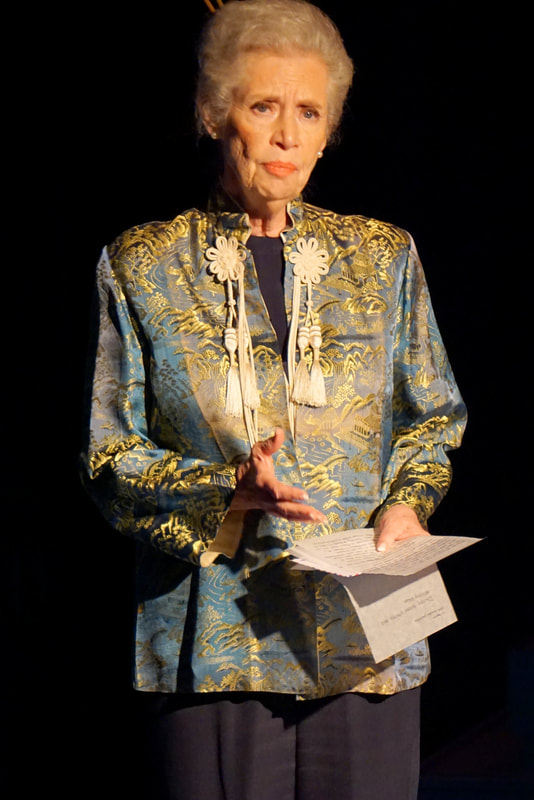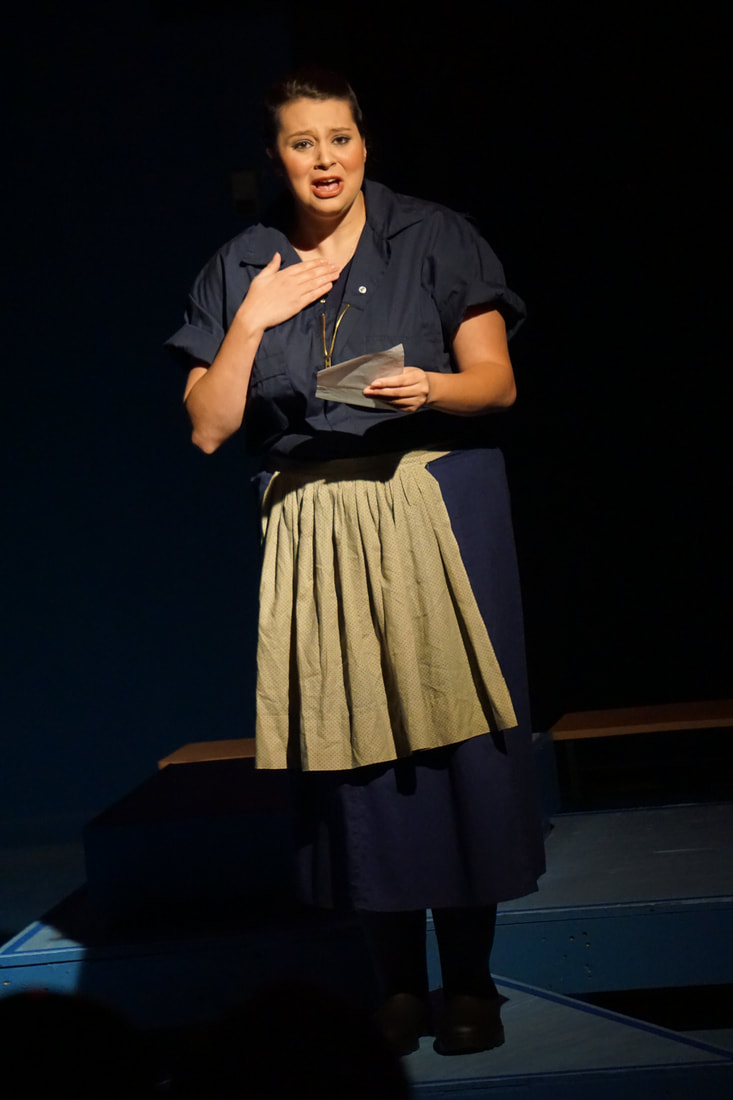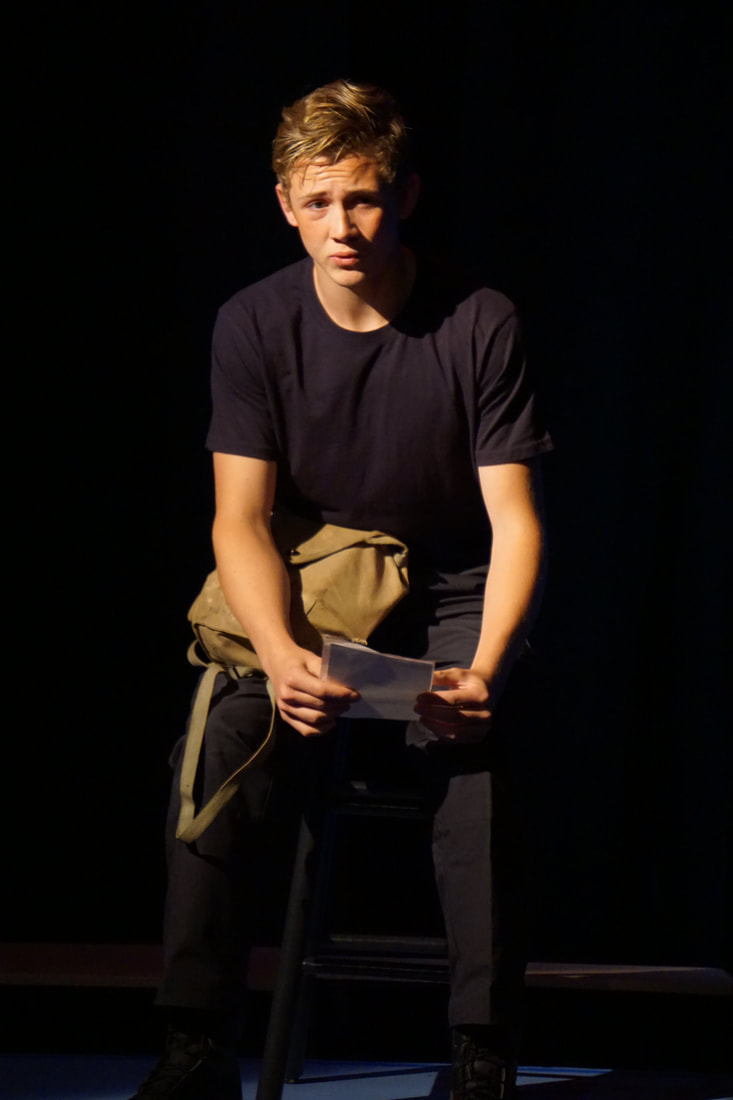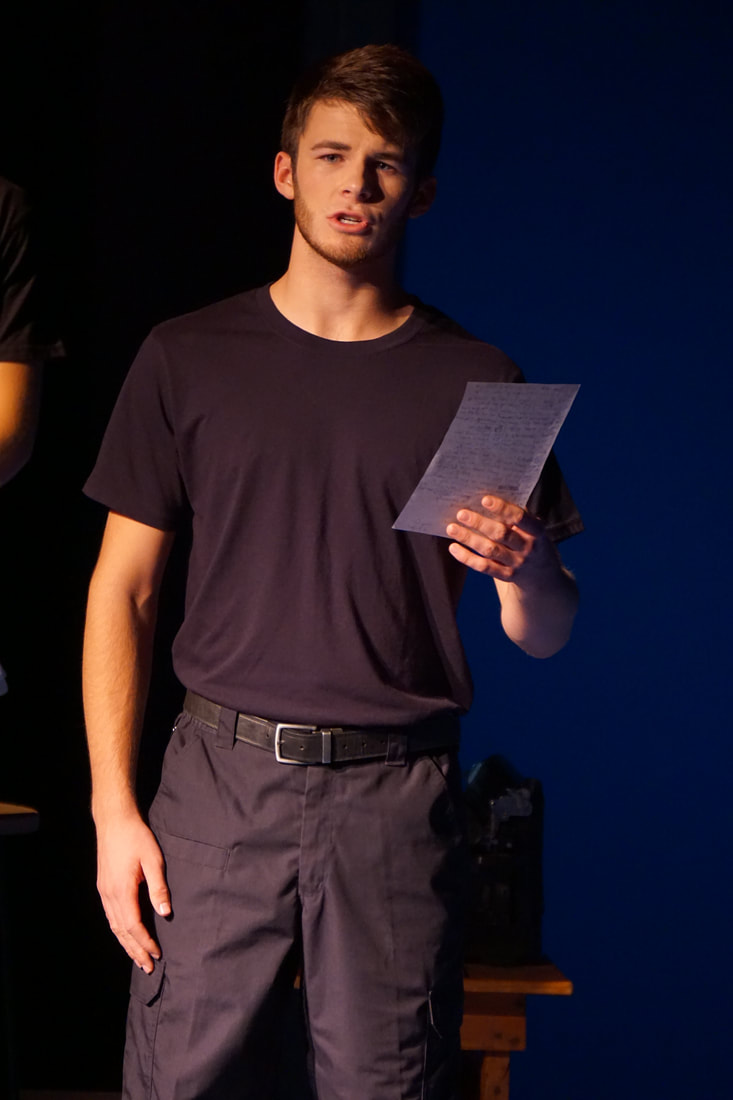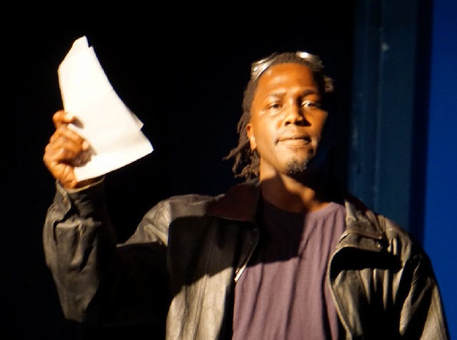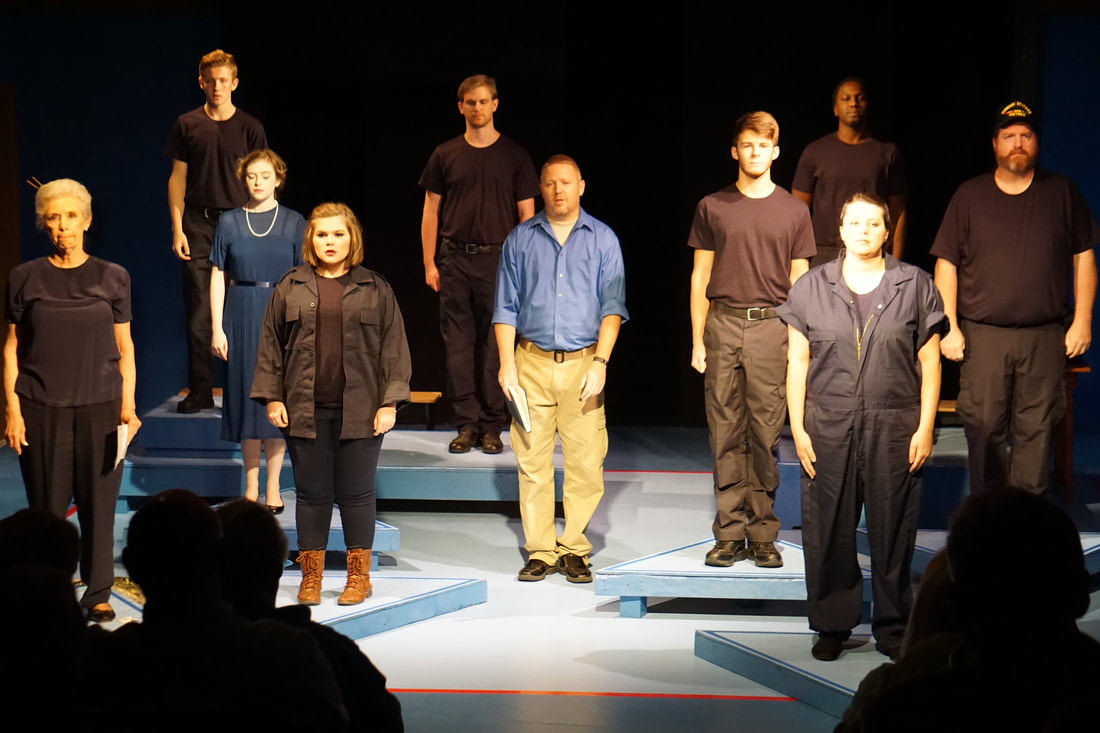If All The Sky Were Paper
If All The Sky Were Paper is a play about the correspondence between soldiers and their families. Author Andrew Carroll has collected thousands of these letters and put them in a collection that you can see in The Legacy Project at www.warletters.com. The play that Andrew put together is based on some of these letters. Actors dramatize the letters as a narrator playing Andrew ties them all together with stories of where the letters came from. This Play was another exercise in accents for me.
I was lucky enough to play confederate soldier Thomas F. Drayton from Savannah, Georgia; Robert Gutman whose letter contained cockney, BBC, English, French, Canadian, and rigid US Military voices (which the author told me I did an outstanding job portraying the letter); John N., a Union soldier from New England; Hans Schroter, a Dresden, Germany citizen; a Kuwaiti father with, obviously, an Arab accent, and finally a letter from Vietnam Veteran Richard A. Luttrell of which I used my own voice. The accents were incredibly fun to do. To prepare for them, I watched movies and Youtube videos. The cockney, BBC, French, and Canadian voices were already in my repertoire. All I had to do was remember when to use them, which was a chore since they jumped from one to the other in the same letter from Gutman. I had a pretty good grasp on the Savannah accent, but I went ahead and watched Midnight in the Garden of Good and Evil just to brush up. For the New England accent, I listened to Stephen King interviews since he's from Maine and some Boston films and clips to get kind of a generic New England. It turned out pretty well, like a guy that grew up somewhere else and moved to Boston about ten years ago. A little Boston, a little something else. The last one was easy because I used my own voice. What was difficult was trying to make it through the letter without crying. It was an emotional letter and I nearly cried every single time I performed it, even until the final show. Finally, the one voice that gave me trouble, Arab. The only things I had really heard at great length were caricatures of Arab voices, cartoon-like voices. I knew I didn't want that at all. I thought it would be extremely disrespectful to both Arabs and the Kuwaiti man whose letter I performed. I scoured Youtube for accent coaches. They didn't help me much but I'm not sure why. I tried listening to Arab men who were learning English. That helped a little more, but I still wasn't getting it. I was getting desperate because opening night was looming close. I decided that, for this letter, I was going to wear a Keffiyeh (also called Emarati Shemagh or Ghutrah) the head wrap worn by many Arab men. Since I'm a white country boy from Oklahoma, I needed to learn how to tie one since I would need to quickly change into it backstage. The head wrapping video that I found by Ahmad Al Kaashekh was extremely helpful. His accent also went into my head and stayed there, furthering my development of a good Middle Eastern voice to put to this letter. I pulled from all these resources and came up with, what I would call, an incredible Arab accent. It made the painful letter so much more realistic and heartfelt.
If you have the opportunity to see a production of this play, you should. It has a lot of funny moments and some heart wrenching moments too. For me, it solidified my utter hatred for the war mongers that continually force young men and women into battle to satisfy their hunger for power. I'm talking about the aggressors that start the wars, not the people who put them in their place. War is a terrible thing and this play highlights the toll it takes on families.
I was lucky enough to play confederate soldier Thomas F. Drayton from Savannah, Georgia; Robert Gutman whose letter contained cockney, BBC, English, French, Canadian, and rigid US Military voices (which the author told me I did an outstanding job portraying the letter); John N., a Union soldier from New England; Hans Schroter, a Dresden, Germany citizen; a Kuwaiti father with, obviously, an Arab accent, and finally a letter from Vietnam Veteran Richard A. Luttrell of which I used my own voice. The accents were incredibly fun to do. To prepare for them, I watched movies and Youtube videos. The cockney, BBC, French, and Canadian voices were already in my repertoire. All I had to do was remember when to use them, which was a chore since they jumped from one to the other in the same letter from Gutman. I had a pretty good grasp on the Savannah accent, but I went ahead and watched Midnight in the Garden of Good and Evil just to brush up. For the New England accent, I listened to Stephen King interviews since he's from Maine and some Boston films and clips to get kind of a generic New England. It turned out pretty well, like a guy that grew up somewhere else and moved to Boston about ten years ago. A little Boston, a little something else. The last one was easy because I used my own voice. What was difficult was trying to make it through the letter without crying. It was an emotional letter and I nearly cried every single time I performed it, even until the final show. Finally, the one voice that gave me trouble, Arab. The only things I had really heard at great length were caricatures of Arab voices, cartoon-like voices. I knew I didn't want that at all. I thought it would be extremely disrespectful to both Arabs and the Kuwaiti man whose letter I performed. I scoured Youtube for accent coaches. They didn't help me much but I'm not sure why. I tried listening to Arab men who were learning English. That helped a little more, but I still wasn't getting it. I was getting desperate because opening night was looming close. I decided that, for this letter, I was going to wear a Keffiyeh (also called Emarati Shemagh or Ghutrah) the head wrap worn by many Arab men. Since I'm a white country boy from Oklahoma, I needed to learn how to tie one since I would need to quickly change into it backstage. The head wrapping video that I found by Ahmad Al Kaashekh was extremely helpful. His accent also went into my head and stayed there, furthering my development of a good Middle Eastern voice to put to this letter. I pulled from all these resources and came up with, what I would call, an incredible Arab accent. It made the painful letter so much more realistic and heartfelt.
If you have the opportunity to see a production of this play, you should. It has a lot of funny moments and some heart wrenching moments too. For me, it solidified my utter hatred for the war mongers that continually force young men and women into battle to satisfy their hunger for power. I'm talking about the aggressors that start the wars, not the people who put them in their place. War is a terrible thing and this play highlights the toll it takes on families.
